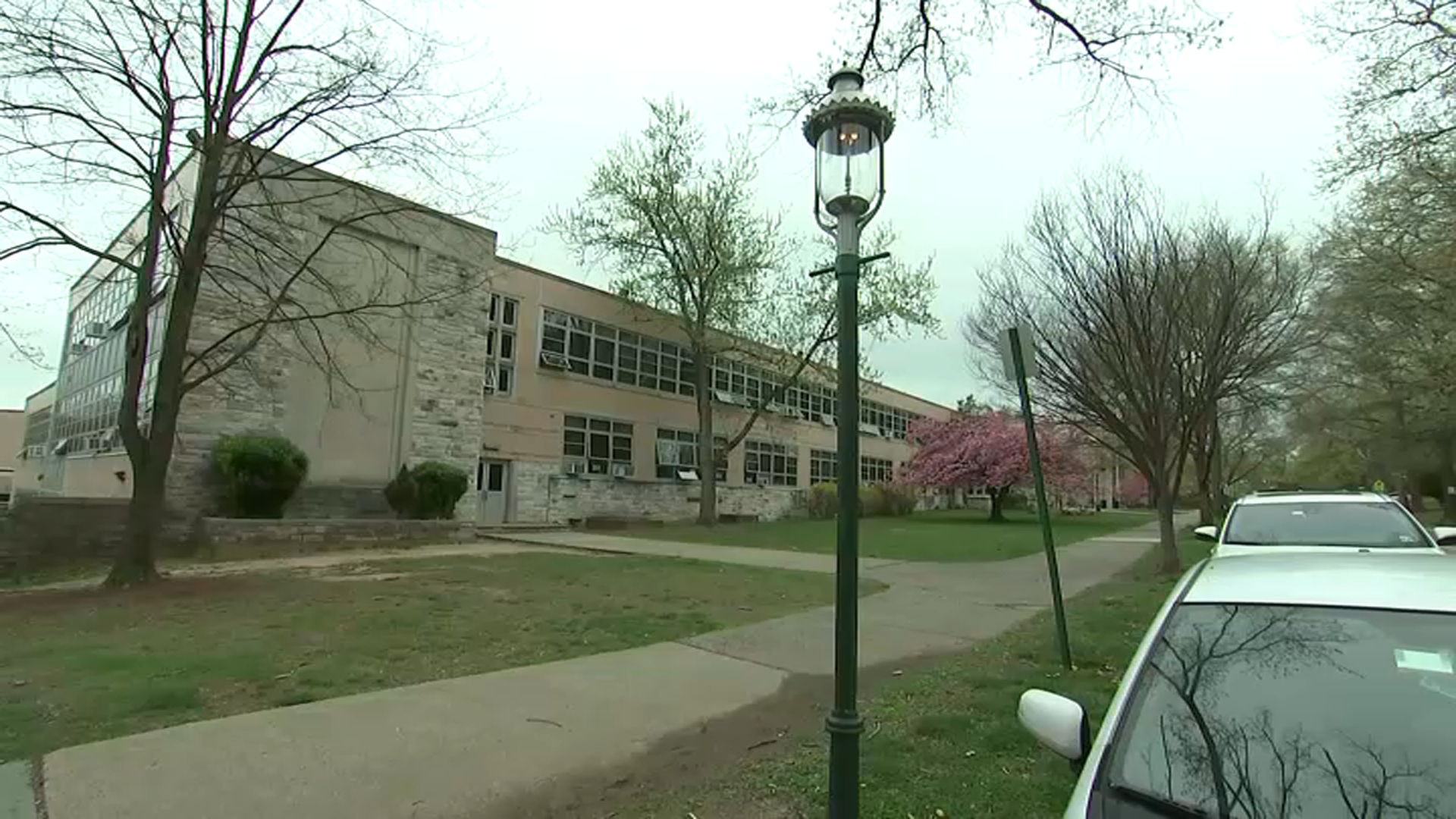State agencies, environmentalists and the federal government are raising alarms about proposed legislation in Pennsylvania that could significantly change the laws that protect threatened and endangered species in the state.
The legislation would give the state Independent Regulatory Review Commission a role in the process of listing or delisting threatened or endangered species and in listing Wild Trout Streams. The Pennsylvania Game Commission and Pennsylvania Fish and Boat Commission currently have exclusive authority for birds, animals, fish and other species.
The two bills, one in the Senate and one in the House of Representatives, would ultimately make it harder to keep species on a threatened or endangered list and make it "nearly impossible" to add new species, said George Jugovic, a lawyer with the environmental group Penn Future.
But state Rep. Jeff Pyle, an Apollo Republican and the lead sponsor of the House bill, said he's concerned that the public has “no possible way to contest” decisions by the state commissions. “A second set of eyes never hurts,” he said.
The listing process can affect humans, too. Developers may face additional restrictions when a parcel of land is listed as habitat for a threatened or endangered species.
Pyle said he was motivated to file the legislation when a local school district had to spend $61,000 to compensate for building in an area where a species of endangered bat lives.
But Game Commission spokesman Travis Lau told The Associated Press said the state agency had “no involvement whatsoever” in that case and the $61,000 was for a federal endangered species program.
Local
Breaking news and the stories that matter to your neighborhood.
Jugovic noted that the Independent Regulatory Review Commission “has no particular scientific background” to make decisions about threatened species, while the Game Commission and the Fish and Boat Commission “have spent decades protecting fish and animals.”
The legislation, Jugovic said, is “plainly an attempt to undercut the authority” of the two commissions to list species, and the very independence of those commissions may be what bothers politicians the most.
The state programs are separate from federal endangered species listings and are often used to manage species that are threatened in a particular region but perhaps not nationally. Pennsylvania lists 21 birds and animals as endangered and seven as threatened, along with about 60 fish, amphibians and invertebrates.
Carl Roe, the executive director of the Game Commission, told legislators last month that the new system could take longer, use up more staff time and jeopardize federal grants. He also said the legislation wasn't addressing an existing problem since the Game Commission had only added only three species to the lists over the last 10 years.
So far, Lau said, legislators haven't indicated a willingness to modify the bills to address such concerns.
The legislation has some powerful backers. Senate President Pro Tempore Joseph Scarnati, a Republican, introduced one version this year. In an email to the AP, he said that the changes make sense because “the Game Commission and Fish and Boat Commission have implemented burdensome regulations which have negatively impacted Pennsylvania businesses and threatened the many jobs they create.”
Giving the Regulatory Review Commission a role in designating Wild Trout Streams concerns the state chapter of Trout Unlimited, a sportsman's conservation group.
“We really don't see the value of adding another layer of bureaucracy. What problem are we really trying to fix here?” said TU state president Brian Wagner.
The Wild Trout designation offers some added protections to special streams, Wagner said, but doesn't impose excessive restrictions.



